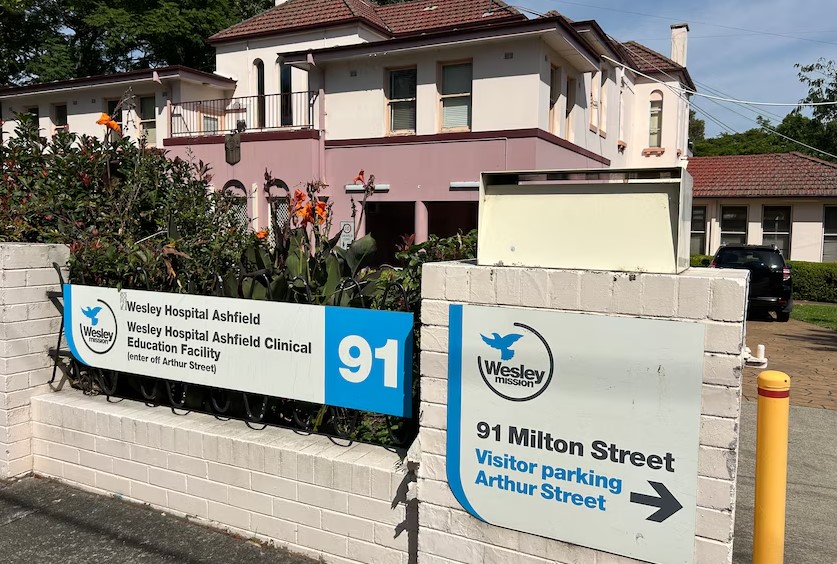18
Mar 2024
Wesley Mission will close two mental health hospitals in Sydney after unsuccessful attempts to transfer their services to another provider.
Published in News on March 18, 2024

Two private mental health hospitals in Sydney, Kogarah and Ashfield, are set to close within six weeks, eliminating around 70 inpatient beds. Wesley Mission, the provider of mental health treatment and addiction support at these hospitals, has opted to shut them down after unsuccessful attempts to sell the services to another health provider. Instead, the organization plans to sell the buildings and land. The sudden announcement has left staff and hundreds of patients in shock, many of whom only learned about the closure recently. Patients, such as one identified as Amy, expressed devastation over the loss of vital services upon which they depend.
The Ashfield branch of Wesley Mission boasts 38 beds and has served as a hospital for individuals battling depression, anxiety, and substance abuse since its establishment in 1954. In contrast, the Kogarah hospital, with 30 beds, commenced operations in 2014.
Hospitals are 'running at a loss'
Wesley Mission announced that both Kogarah and Ashfield hospitals would cease operations on April 12 due to financial losses, despite efforts to improve viability. Practitioners at Kogarah requested more time for patient transitions, expressing dismay at the lack of transparency in Wesley Mission's approach. Patients claim they were not formally notified of the closures, adding stress to the process of finding alternative care arrangements.
Minister for mental health 'disappointed' by the closures
NSW Mental Health Minister Rose Jackson expressed sadness over the closures of the two mental health facilities in Sydney, emphasizing the setback in losing such resources. Despite this loss, she assured that public mental health services in these areas would remain unaffected. However, CEO of mental health advocacy service WayAhead, Sharon Grocott, highlighted the importance of private hospitals in alleviating pressure on the public system and providing patients with personalized care. Grocott stressed the significance of continuity in treatment and recovery for mental health patients.
Plans to redevelop Kogarah site
In 2019, a State Significant Development document revealed Wesley Mission's plans to refurbish and expand its Kogarah site due to operating at full capacity and having to turn away clients in need of care. The document stressed the importance of maintaining services during the redevelopment, which ultimately did not occur. Wesley Mission attempted to sell the sites to another health provider, but the sale fell through after a period of due diligence. However, all current patients will continue to receive care until discharged or transferred to another appropriate facility, ensuring continuity of care for many under their current psychiatrists.









